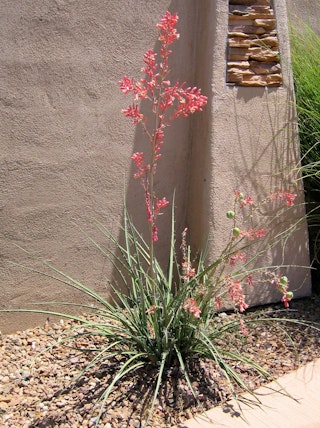 Be Inspired Blog - Arizona
Be Inspired Blog - Arizona
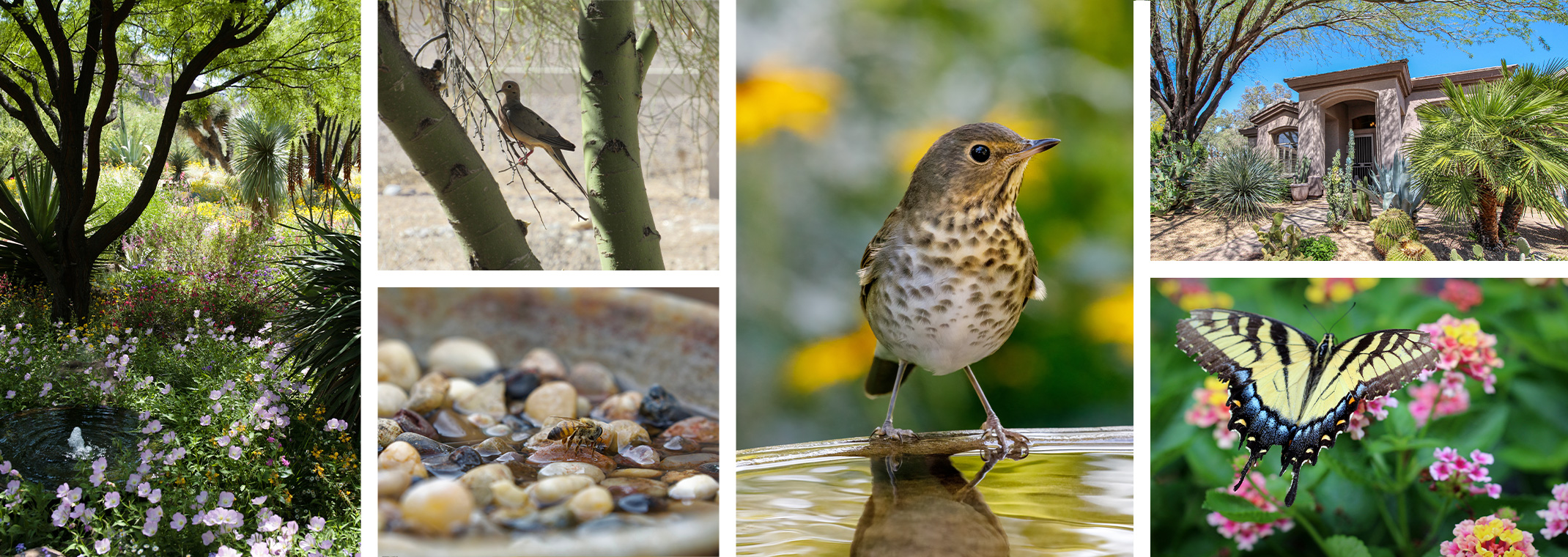
Summer Support for Wildlife Visiting Your Garden
Wildlife Will Benefit from These Gardening Tips:
Let's face it, summers are HOT in the Valley of the Sun! Supporting birds and other instrumental pollinators in your summer garden can be both rewarding and crucial for our local ecosystem. We've got some tips to help you create a welcoming environment where these beneficial creatures can recoup from the heat.
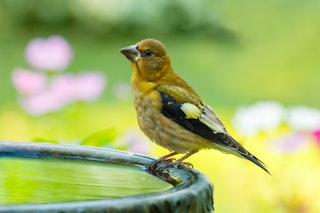 1. Shaded Water Sources:
1. Shaded Water Sources:
- Set up birdbaths for birds, and shallow water dishes with stones or pebbles for bees and butterflies to land on.
- Place these water sources in the shade to help keep them cool. Check out our blog, "How to Get More Shade in Your Landscape" to learn more.
- Clean and refill water sources frequently during heatwaves—at least daily to keep the water fresh and prevent mosquito breeding.
- Use larger, deeper birdbaths to retain cool water longer.
- Add a small solar fountain to attract birds and keep the water moving (which helps reduce mosquito breeding).
- Use ceramic or stone dishes that stay cooler than metal or plastic ones.
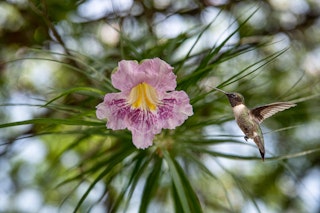 2. Create Microclimates & Offer Shelter:
2. Create Microclimates & Offer Shelter:
- Plant dense shrubs or use garden structures like pergolas to create cooler, shaded areas where birds can rest.
- Use organic mulch to help plants' soil retain moisture and a moderate soil temperature.
- Plant groundcovers like lantana or trailing rosemary, to provide cooler soil temperatures and reduce heat stress on plants.
- Plant moringa trees or native trees and shrubs, to provide shelter from the intense sun and predators.
- Install birdhouses or nesting boxes in shaded areas that are suitable for local bird species.
- Water plants early in the morning or late in the evening to reduce evaporation and provide moisture to the habitat.
- Mist plants and trees occasionally to create a more humid microclimate.
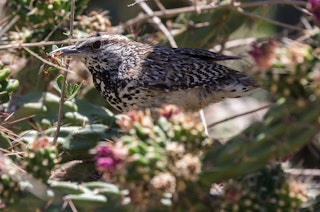 3. Avoid Pesticide Use:
3. Avoid Pesticide Use:
- Where possible, eliminate the use of pesticides in your garden to ensure birds have access to heathly insects, which are a crucial part of their diet.
- Use natural pest control methods like neem oil, or introduce beneficial insects that prey on garden pests.
- Your local SummerWinds Nursery offers a wide range of Organic gardening products.
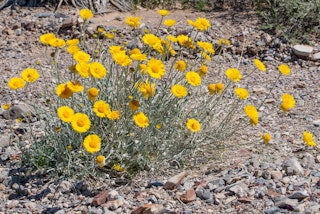 4. Plant Native Flowers:
4. Plant Native Flowers:
- Choose drought-resistant native plants that bloom at different times of the year to provide a continuous food source, such as: desert marigold, globe mallow, and penstemon.
- Native flowers can also be grown from seed.
5. Incorporate Heat-Tolerant Plants:
- Choose plants that are not only native but also specifically heat-tolerant. Examples include desert milkweed, agave, and yucca.
- Group plants with similar water needs together to ensure efficient watering.
6. Create Pollinator Habitats:
- You may opt to leave some small shaded areas of your garden undisturbed with leaf litter and dead wood for nesting.
- Provide bee hotels or nesting blocks for solitary bees.
7. Feeders for Birds:
- Use bird feeders with seeds like millet, sunflower, and safflower that attract local birds.
- Clean feeders regularly to prevent the spread of diseases.
By implementing these strategies, you can create a supportive environment for birds and pollinators, enhancing your garden's health and biodiversity.

